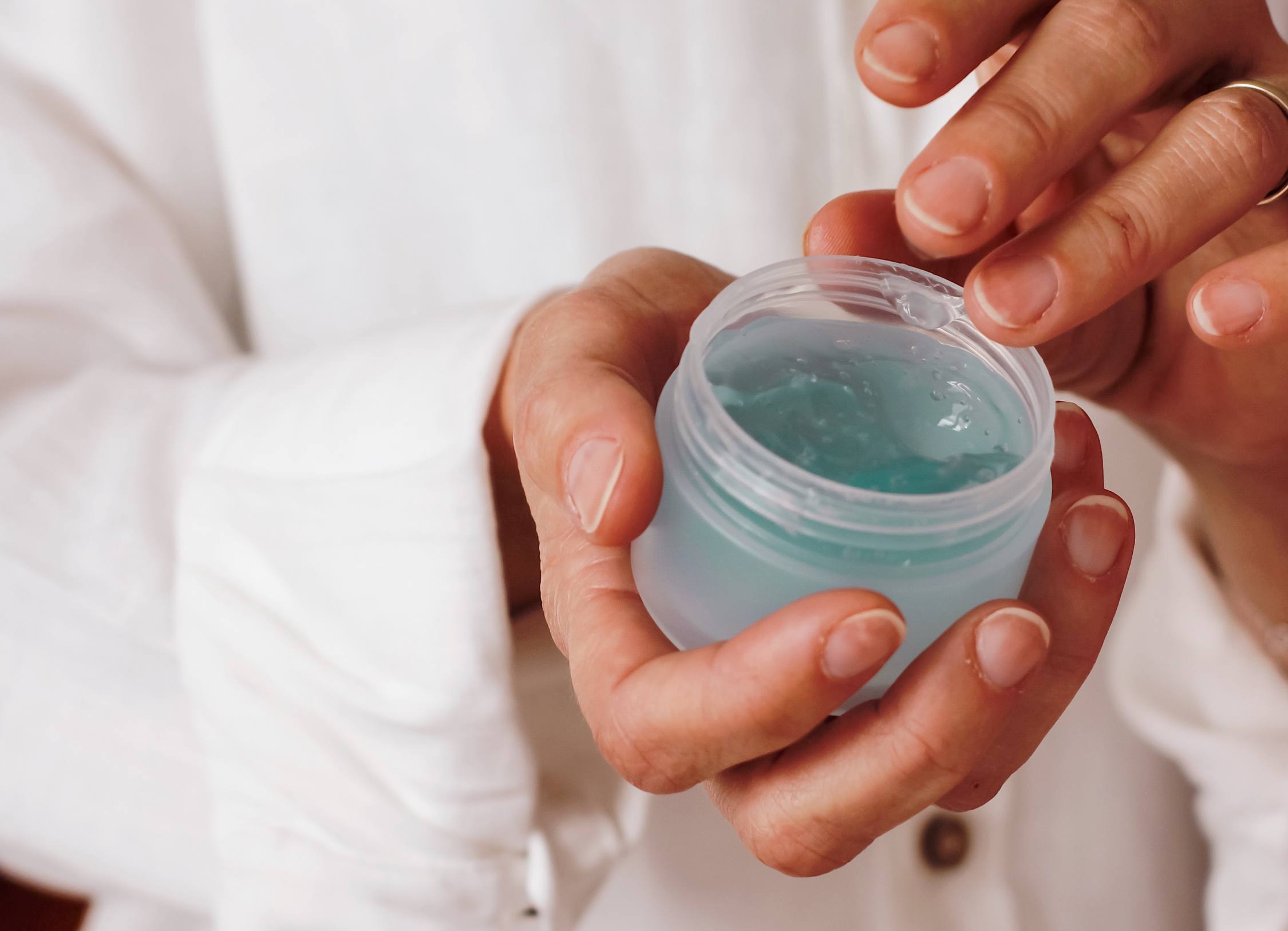
The cosmetics industry has witnessed remarkable growth, offering consumers a vast array of products to enhance their beauty and self-confidence. However, with the increasing demand for cosmetics, it becomes imperative to prioritize safety measures, particularly regarding the presence of toxic chemicals and the efficacy of preservatives. This article highlights the significance of comprehensive cosmetic safety testing and the role 3rd-party laboratories like ACT LAB can have in your testing procedures.
Defining Cosmetics Products
Cosmetics products encompass a wide range of personal care items designed to enhance appearance and maintain hygiene. These include skincare products, makeup, hair care products, fragrances, and more. The key distinction is that cosmetics are applied externally to the body’s surface, such as the skin, hair, nails, lips, and teeth, without altering the body’s structure or functions. Given their direct contact with the body, ensuring the safety of cosmetics products is of utmost importance.
Testing for Toxic Chemicals
One of the primary concerns in cosmetics safety is the presence of toxic chemicals. These chemicals may include substances such as heavy metals (lead, cadmium, and mercury), endocrine disruptors, carcinogens, allergens, and skin irritants. Rigorous testing is essential to identify and quantify the presence of these harmful substances within cosmetic products. By conducting comprehensive toxicological assessments, manufacturers can minimize the risk of adverse health effects and ensure consumer safety.
Ingredient Transparency
Ingredient lists are an essential aspect of cosmetics products. Consumers have the right to know what ingredients are present in the products they use, allowing them to make informed choices based on their personal preferences and potential sensitivities. Transparent and accurate labeling is vital to maintain consumer trust and facilitate the identification of potential allergens or harmful substances. Cosmetics safety testing ensures that ingredient lists are accurate, complete, and comply with regulatory standards, helping consumers make informed decisions about the products they choose.
For manufacturers who wish to sell their products through marketplaces like Amazon, accurate ingredient labeling is required.
Preservation Testing and ASTM E640
Preservation testing is crucial to determine the effectiveness of preservatives used in cosmetic products. Preservatives prevent the growth of harmful microorganisms, maintaining product integrity and safeguarding consumer health. The ASTM E640 standard is commonly used for preservation testing, assessing the antimicrobial properties of cosmetic formulations. This test evaluates the product’s ability to inhibit the growth of microorganisms over a specified period. By conducting preservation testing, manufacturers can ensure that their products remain free from harmful bacteria, mold, and fungi, minimizing the risk of contamination and potential infections.

Benefits of Rigorous Testing
Rigorous testing for toxic chemicals, accurate ingredient labeling, and preservation efficacy offers several key benefits:
Consumer Safety: By testing for toxic chemicals and conducting preservation tests, manufacturers prioritize consumer safety, reducing the risk of adverse reactions or long-term health implications.
Regulatory Compliance: Compliance with regulatory standards ensures that cosmetic products meet the necessary legal requirements, avoiding penalties and potential product recalls.
Consumer Trust and Confidence: Transparent ingredient lists and effective preservation testing instill consumer trust, fostering brand loyalty and positive reputation.
Product Improvement: Testing allows manufacturers to identify and eliminate potentially harmful substances, encouraging product innovation and continuous improvement.
About ACT-LAB
ACT-LAB is an ISO/IEC 17025 accredited laboratory that conducts consumer product safety and compliance testing for an active world. We can help ensure that your products both meet industry standards and are inspected to ensure the utmost quality.
To learn more about our tests contact us today.
Read more about our accreditations here.
 ISO/IEC 17025 Accredited Independent Testing Laboratory
ISO/IEC 17025 Accredited Independent Testing Laboratory








